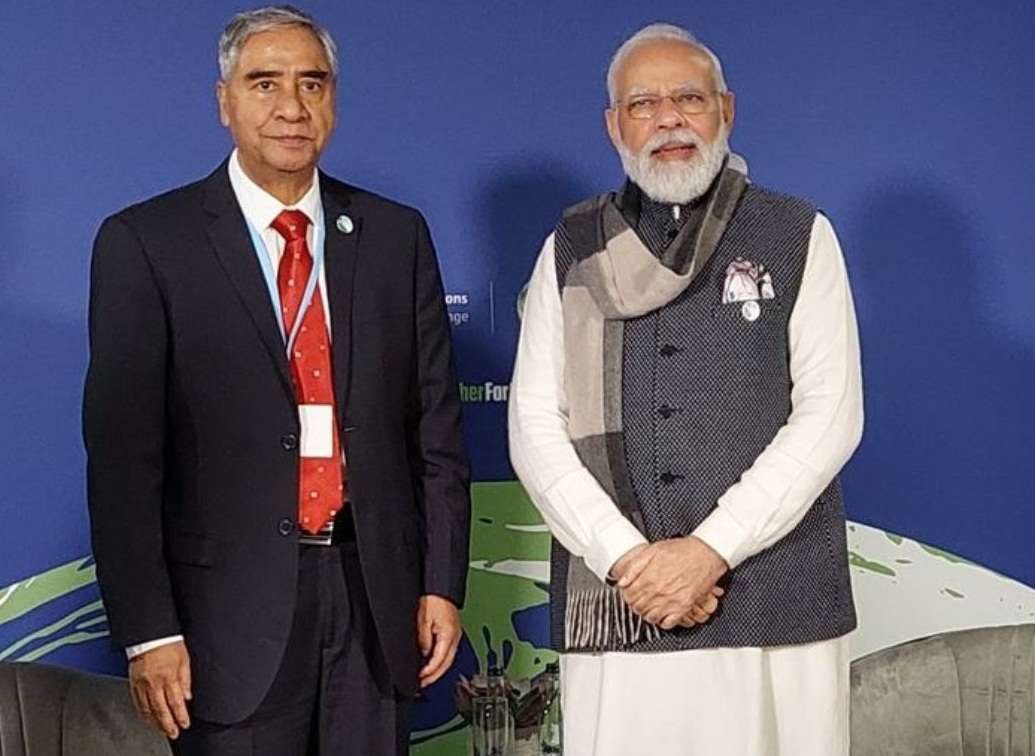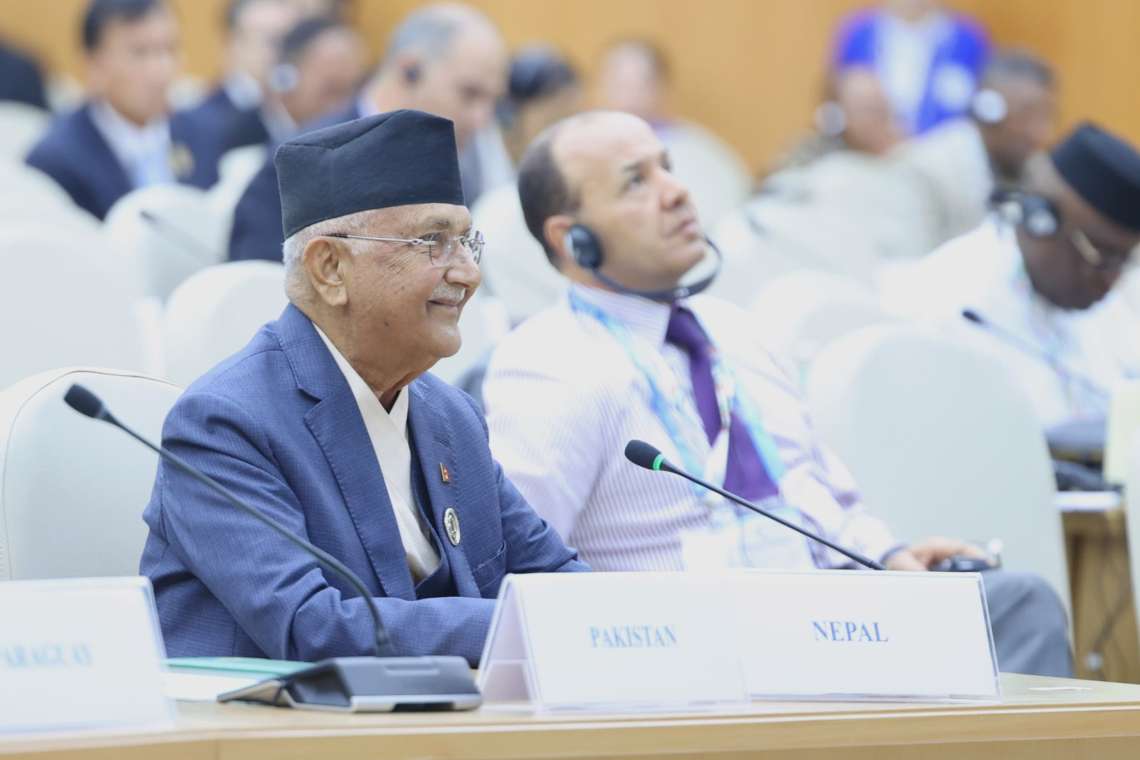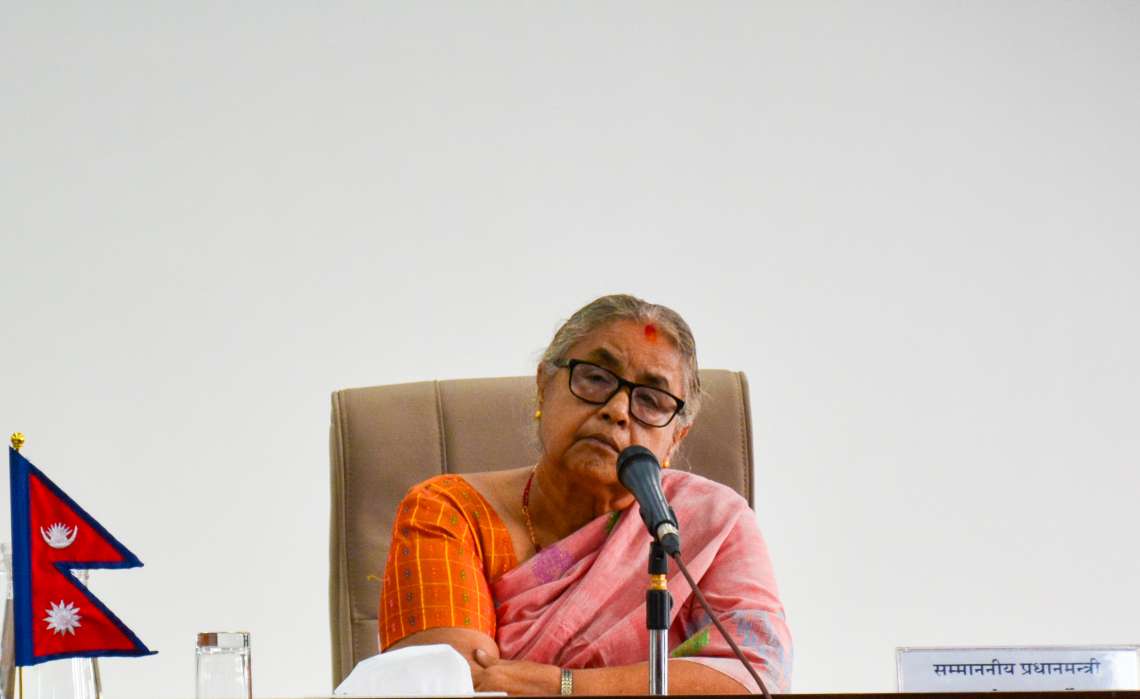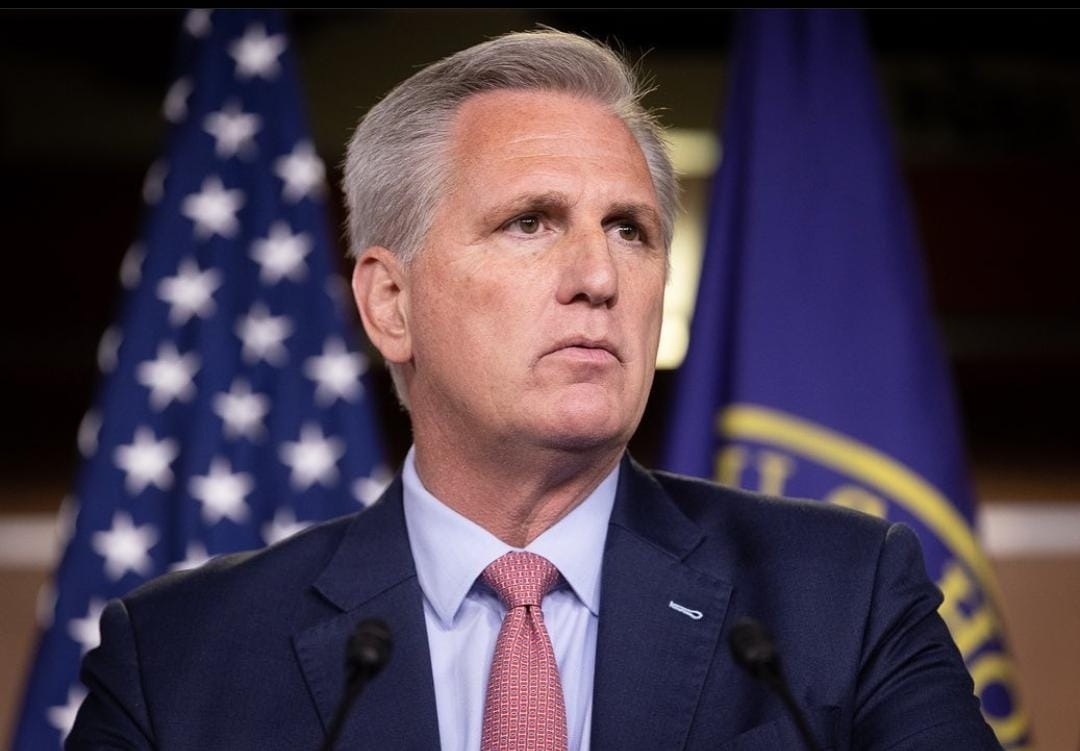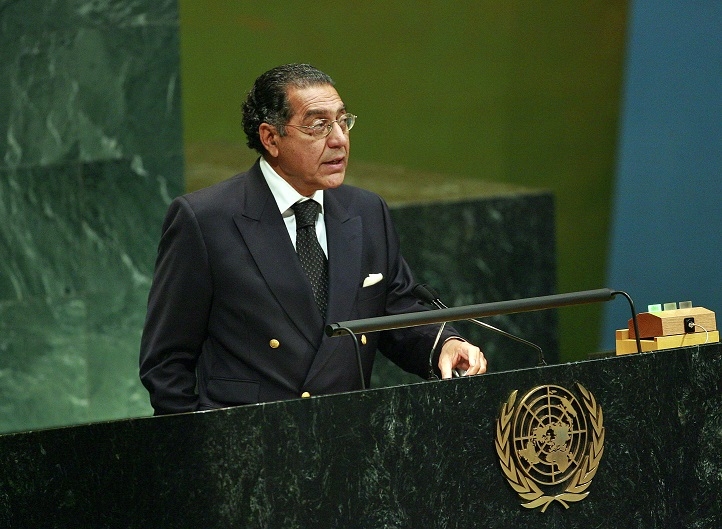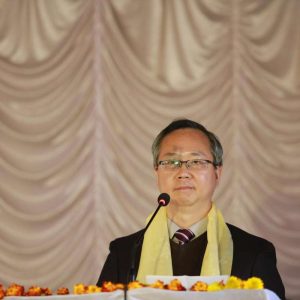The tussle between India and the US on the one hand and China on the other will continue to be played out in smaller Asian and Indian Ocean countries like Nepal, writes Sankalp Gurjar
Today, Nepal will hold parliamentary and provincial elections. Under the new constitution, it will be the second time that the Himalayan state will go for polls. It is a significant event in the political evolution of Nepal. More importantly, for India, the geopolitical implications of Nepal elections are worth watching.
The country has been undergoing political transition since 2006, when the decade-long Nepalese civil war ended. In the last sixteen years, Nepal has had as many as 13 prime ministers and the political stability seems illusive even now.
For the first election under the new constitution, held in 2017, the two left-leaning parties, CPN and UML, came together. China was seen as the key driver behind their alliance . Therefore, the electoral success of the Left alliance seemed to have granted China an upper hand in Nepal.
If there were any doubts about the growing Chinese influence in Nepalese politics, it was confirmed by the actions of the now-ousted and waiting-in-the-wings-for-his-opportunity Prime Minister K.P. Sharma Oli.
The tenure of Oli that lasted from 2018 to 2021 saw Nepal taking assertively pro-China and anti-India positions on a range of issues. The most important being the raising of the issue of Lipulekh-Kalapani dispute in 2020. The area is located at the India-Nepal-Tibet trijunction, just south of Ladakh.
The seriousness and geopolitical implications of Nepalese position could be gauged from the fact that, at the time, India was handling the unprecedented Chinese challenge in the Eastern Ladakh amidst the first wave of Covid-19 pandemic. The public posturing and grandstanding of Oli was intended to make it difficult for India.
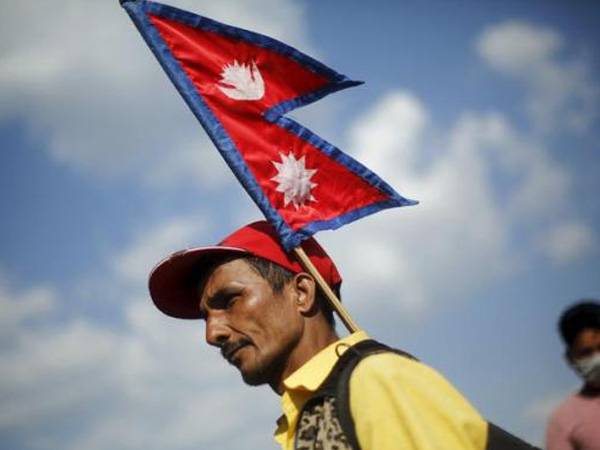
The dispute could have been handled quietly and through diplomatic channels. But Oli sought to draw political mileage out of this dispute and needle India. In the Parliament, Oli also said that Coronavirus that was coming from India was more dangerous than the one coming from China and Italy.
The constitutional crisis triggered by Oli in 2021, when he tried to dissolve the parliament and called for fresh elections, resulted in him losing the prime ministership. Meanwhile, the Supreme Court of Nepal quashed the merger between NCP and UML. The end of the Left alliance and the new PM signified a political change not just for Nepal but for India as well.
Sher Bahadur Deuba, the new PM, who hails from the Nepali Congress, and a new ruling coalition has managed to rebuild India-Nepal ties from the low-point reached during the days of K.P. Sharma Oli. The thorny issues such as Lipulekh-Kalapani dispute, the recruitment of Nepalese youth under the Agnipath scheme remain.
Meanwhile, as the domestic politics was in a state of flux, on the foreign policy front, Nepal continued to seek the fine balance between India and China and between the United States and China. As the strategic rivalries between India and China and between US and China intensify in Asia, the quiet corners of inner Asia are getting embroiled in the great power politics.
Nepal finds itself navigating the China-led Belt and Road Initiative (BRI) and the America’s Millennium Challenge Corporation (MCC). In 2017, before elections, Nepal had signed a $ 500-million compact with the US for MCC. It was aimed at rebuilding and maintaining infrastructure like roads and electricity. It could also facilitate cross-border electricity trade between Nepal and India which was expected to spur investments, accelerate economic growth, and reduce poverty.
However, MCC became a matter of intense domestic debate in Nepal. The Left was at the forefront of the protests against the MCC. It is seen as part of the US’ Indo-Pacific strategy with military undercurrents. Critics said that MCC will undermine the Nepalese sovereignty. Finally, the parliament ratified MCC in February 2022. Meanwhile, the BRI is yet to take off in Nepal. It was expected to be a key success story of the signature Chinese project. As per reports, Nepal remains apprehensive about the BRI projects. Concerns regarding the debt-trap weigh high in Nepalese policy circles. China’s strategic ambitions in Nepal and the likely Indian response has also perhaps deterred Nepal from going overboard with the BRI projects.
The tussle between India and the US on the one hand and China on the other will continue to be played out in smaller Asian and Indian Ocean countries like Nepal. The domestic politics of such smaller countries will be an arena for the intensifying strategic rivalries. Therefore, the geopolitical implications of the coming Nepal elections will have to be watched.
(Sankalp Gurjar is an Assistant Professor at the Department of Geopolitics and International Relations, Manipal Academy of Higher Education. He specialises in Indo-Pacific security, South Asian geopolitics and Great Power Politics)
(The content is being carried under an arrangement with indianarrative.com)


